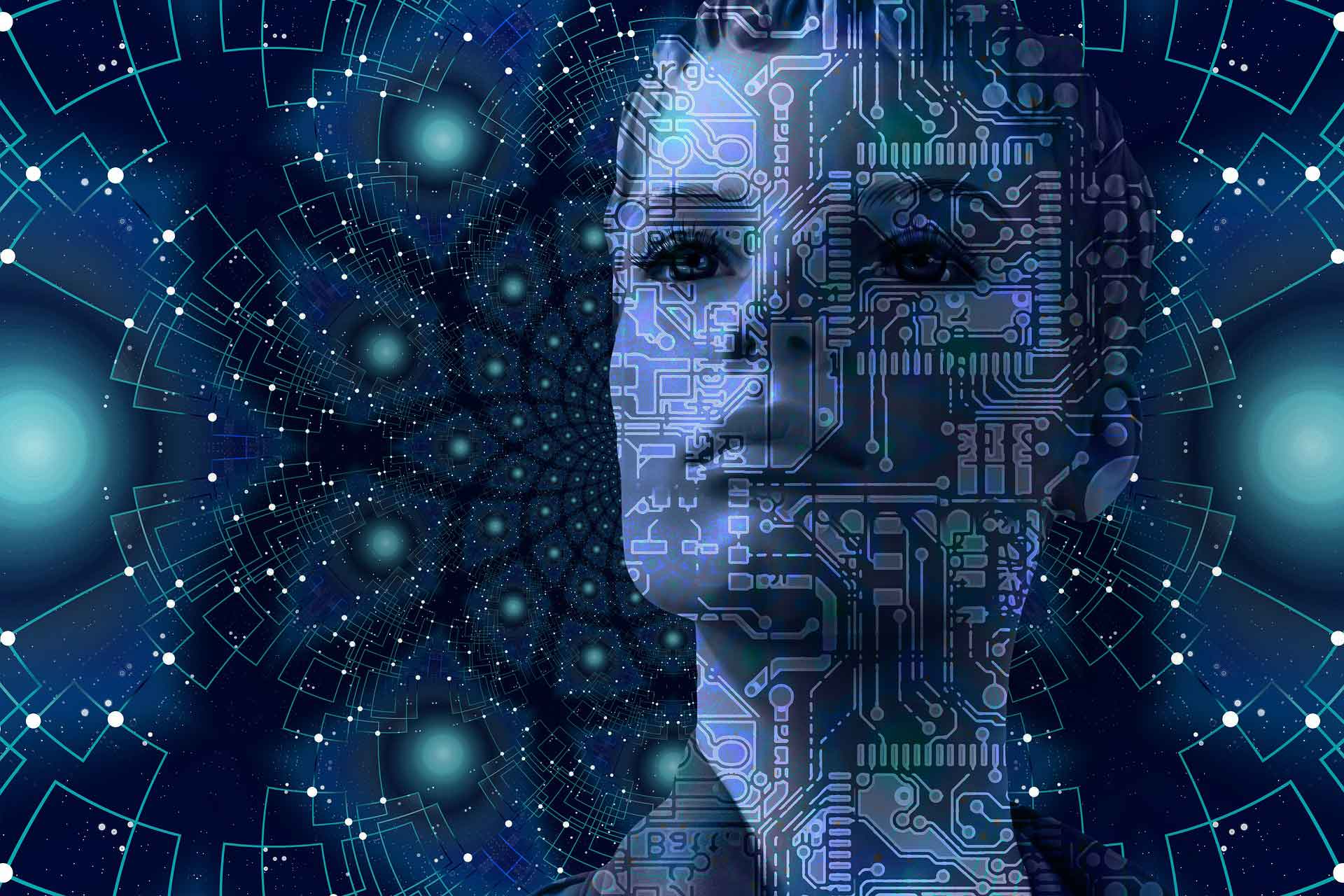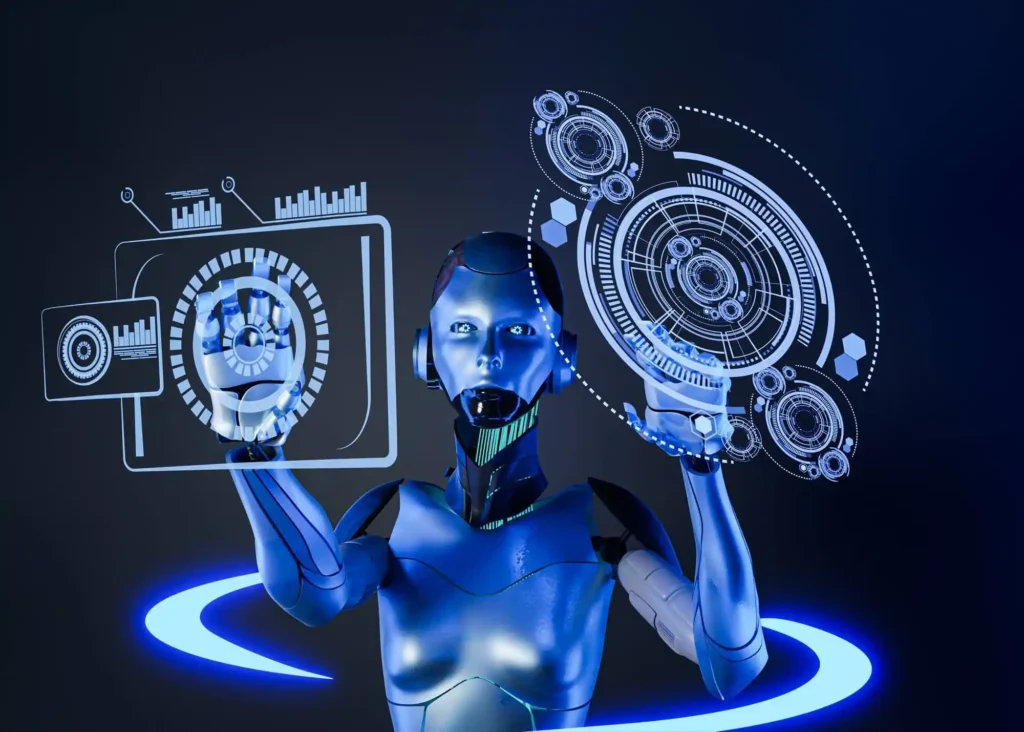Introduction:
In the evolving landscape of healthcare, machine learning (ML) has emerged as a transformative force, offering unprecedented opportunities to enhance diagnostics, treatment, and patient care. Central to the success of ML applications in healthcare are the datasets that fuel the training and validation of models. This exploration delves into the realm of healthcare datasets, unraveling their significance, applications, and the pivotal role they play in advancing machine learning for improved diagnostics and patient outcomes.
The Significance of Healthcare Datasets:
1. Diversity of Medical Data:
- Healthcare datasets encompass a diverse array of medical data, including electronic health records (EHRs), medical imaging, genomic data, clinical notes, and more. The richness of these datasets enables the development of models that can address a wide range of healthcare challenges.
2. Training Machine Learning Models:
- Healthcare datasets serve as the bedrock for training Machine ML models, allowing algorithms to learn patterns, correlations, and predictive associations within medical data. The quality and representativeness of these datasets directly impact the performance and generalizability of ML models.
3. Diagnostic and Predictive Capabilities:
- ML models trained on healthcare datasets have demonstrated remarkable capabilities in diagnostics and predicting patient outcomes. From identifying diseases in medical images to predicting the likelihood of complications, these models contribute to more accurate and timely decision-making in healthcare.
Types of Healthcare Datasets:
1. Electronic Health Records (EHRs):
- EHR datasets contain comprehensive patient records, including medical history, diagnoses, medications, laboratory results, and treatment plans. Analyzing EHRs with ML can lead to insights for personalized treatment strategies, risk prediction, and population health management.
2. Medical Imaging Datasets:
- Medical imaging datasets consist of images from various modalities such as X-rays, MRIs, CT scans, and pathology slides. ML models trained on these datasets excel in image recognition, aiding in the early detection and diagnosis of conditions ranging from cancer to neurological disorders.
3. Genomic Datasets:
- Genomic datasets encompass genetic information, including DNA sequences and variations. ML applications in genomics contribute to understanding genetic predispositions, personalized medicine, and identifying potential targets for therapeutic interventions.
4. Clinical Notes and Text Data:
- Clinical notes and text data include unstructured Machine information from physician notes, radiology reports, and other textual sources. ML models trained on such datasets can extract valuable insights, enabling better understanding of patient conditions, treatment responses, and disease progression.
5. Remote Monitoring Datasets:
- With the rise of wearable devices and remote monitoring technologies, datasets capturing continuous health data, such as heart rate, activity levels, and sleep patterns, contribute to real-time health monitoring and early intervention strategies.
Applications of Healthcare Datasets in Machine Learning:
1. Disease Diagnosis and Prediction:
- ML models leverage healthcare datasets to diagnose diseases and predict their progression. For example, models trained on medical imaging datasets can identify early signs of conditions like cancer, while predictive models based on EHRs can assess the risk of developing chronic diseases.
2. Personalized Medicine:
- Genomic datasets play a crucial role in advancing personalized medicine. ML models analyze genetic information to tailor treatment plans, predict drug responses, and identify targeted therapies based on an individual’s genetic profile.
3. Drug Discovery and Development:
- ML applications in healthcare datasets contribute to drug discovery and development by identifying potential drug candidates, predicting drug interactions, and optimizing clinical trial designs. This accelerates the drug development process and reduces costs.
4. Healthcare Fraud Detection:
- ML models trained on healthcare billing and claims datasets can detect anomalies and patterns indicative of fraudulent activities. This helps in preventing financial losses and ensuring the integrity of healthcare systems.
5. Patient Risk Stratification:
- ML models analyze EHRs to stratify patients based Machine on their risk of adverse events or complications. This assists healthcare providers in prioritizing interventions for high-risk patients, ultimately improving patient outcomes.
6. Image-Based Diagnostics:
- Medical imaging datasets enable ML models to perform image-based diagnostics. These models can detect abnormalities in radiological images, aid in the interpretation of pathology slides, and enhance the accuracy of diagnostic procedures.
Challenges in Healthcare Datasets and Machine Learning:
1. Data Privacy and Security:
- Healthcare datasets often contain sensitive patient information, raising concerns about privacy and security. Strict regulations, such as the Health Insurance Portability and Accountability Act (HIPAA), govern the handling and sharing of healthcare data to protect patient confidentiality.
2. Data Interoperability:
- Healthcare data is often stored in disparate systems, leading to challenges in data interoperability. Integrating data from different sources, such as EHRs and medical imaging systems, is essential for developing comprehensive ML models.
3. Data Quality and Bias:
- The quality of healthcare data, including completeness and accuracy, is critical for the success of ML models. Additionally, biases in datasets can lead to disparities in model performance, affecting different demographic groups unequally.
4. Ethical Considerations:
- Ethical considerations in the use of healthcare datasets involve ensuring fairness, transparency, and accountability in ML models. Addressing issues related to bias, fairness, and interpretability is crucial for ethical deployment in healthcare settings.
5. Clinical Adoption and Trust:
- Achieving widespread clinical adoption of ML models in healthcare requires building trust among healthcare professionals. Transparent model explanations, robust validations, Machine and effective communication of benefits are essential for gaining clinician trust.
Notable Healthcare Datasets:

1. MIMIC-III (Medical Information Mart for Intensive Care III):
- MIMIC-III is a dataset containing de-identified health data from over 40,000 patients in critical care. It includes EHRs, laboratory results, and imaging reports, making it valuable for research in intensive care settings.
2. TCIA (The Cancer Imaging Archive):
- TCIA provides a comprehensive collection of medical images related to cancer. It includes imaging data from various modalities, such as CT, MRI, and pathology slides, supporting research in cancer diagnosis and treatment.
3. UK Biobank:
- The UK Biobank is a large-scale dataset containing genetic and health information from over 500,000 participants. It includes genotypic data, imaging data, and extensive health records, enabling diverse research applications.
4. PhysioNet:
- PhysioNet offers a variety of datasets related to physiological signals, such as electrocardiograms (ECG), blood pressure, and respiratory signals. These datasets support research in cardiovascular health, signal processing, and machine learning applications.
5. Open-i:
- Open-i is a biomedical image search engine that Machine provides access to a diverse collection of open-access biomedical images. It includes images from literature, clinical sources, and research studies, facilitating research in medical image analysis.
Future Directions in Healthcare Datasets and ML:
1. Integration of Real-Time Data:
- The integration of real-time data from wearable devices and remote monitoring technologies will play a crucial role in enhancing ML models for continuous health monitoring, early intervention, and personalized care.
2. Federated Learning for Privacy:
- Federated learning, a decentralized approach to ML training, holds promise in addressing privacy concerns associated with healthcare datasets. This approach allows models to be trained collaboratively across institutions without sharing sensitive patient data.
3. Explainable AI in Healthcare:
- The development of explainable AI models is essential for healthcare applications. Transparent models that provide interpretable results contribute to clinician trust and facilitate the integration of ML into clinical decision-making.
4. Synthetic Datasets for Research:
- Synthetic datasets generated using generative models can address data privacy concerns while providing realistic data for research. These synthetic datasets enable the development and validation of ML models without compromising patient privacy.
5. Cross-Domain Collaboration:
- Cross-domain collaboration is crucial for building Machine large, diverse, and representative healthcare datasets. Collaborative efforts between healthcare institutions, research organizations, and technology companies can accelerate the development of ML models with broad applicability.
Conclusion:
Healthcare datasets serve as the lifeblood of machine learning applications in the field of healthcare, powering advancements in diagnostics, treatment, and patient care. From EHRs and Machine medical imaging to genomics and remote monitoring, the diverse nature of healthcare data provides a robust foundation for training models that can revolutionize the way healthcare is delivered. Overcoming challenges related to privacy, data quality, and bias is essential for the ethical and effective deployment of ML models in healthcare settings. As the field continues to evolve, the integration of real-time data, federated learning, and cross-domain collaboration are poised to shape the future of healthcare datasets and machine learning, ultimately leading to improved patient outcomes and more personalized healthcare interventions.


 Afrikaans
Afrikaans Albanian
Albanian Amharic
Amharic Arabic
Arabic Armenian
Armenian Azerbaijani
Azerbaijani Basque
Basque Belarusian
Belarusian Bengali
Bengali Bosnian
Bosnian Bulgarian
Bulgarian Catalan
Catalan Cebuano
Cebuano Chichewa
Chichewa Chinese (Simplified)
Chinese (Simplified) Chinese (Traditional)
Chinese (Traditional) Corsican
Corsican Croatian
Croatian Czech
Czech Danish
Danish Dutch
Dutch English
English Esperanto
Esperanto Estonian
Estonian Filipino
Filipino Finnish
Finnish French
French Frisian
Frisian Galician
Galician Georgian
Georgian German
German Greek
Greek Gujarati
Gujarati Haitian Creole
Haitian Creole Hausa
Hausa Hawaiian
Hawaiian Hebrew
Hebrew Hindi
Hindi Hmong
Hmong Hungarian
Hungarian Icelandic
Icelandic Igbo
Igbo Indonesian
Indonesian Irish
Irish Italian
Italian Japanese
Japanese Javanese
Javanese Kannada
Kannada Kazakh
Kazakh Khmer
Khmer Korean
Korean Kurdish (Kurmanji)
Kurdish (Kurmanji) Kyrgyz
Kyrgyz Lao
Lao Latin
Latin Latvian
Latvian Lithuanian
Lithuanian Luxembourgish
Luxembourgish Macedonian
Macedonian Malagasy
Malagasy Malay
Malay Malayalam
Malayalam Maltese
Maltese Maori
Maori Marathi
Marathi Mongolian
Mongolian Myanmar (Burmese)
Myanmar (Burmese) Nepali
Nepali Norwegian
Norwegian Pashto
Pashto Persian
Persian Portuguese
Portuguese Punjabi
Punjabi Romanian
Romanian Russian
Russian Polish
Polish Samoan
Samoan Scottish Gaelic
Scottish Gaelic Serbian
Serbian Sesotho
Sesotho Shona
Shona Sindhi
Sindhi Sinhala
Sinhala Slovak
Slovak Slovenian
Slovenian Somali
Somali Spanish
Spanish Sundanese
Sundanese Swahili
Swahili Swedish
Swedish Tamil
Tamil Tajik
Tajik Telugu
Telugu Turkish
Turkish Ukrainian
Ukrainian Urdu
Urdu Uzbek
Uzbek Thai
Thai Vietnamese
Vietnamese Welsh
Welsh Xhosa
Xhosa Yiddish
Yiddish Yoruba
Yoruba Zulu
Zulu